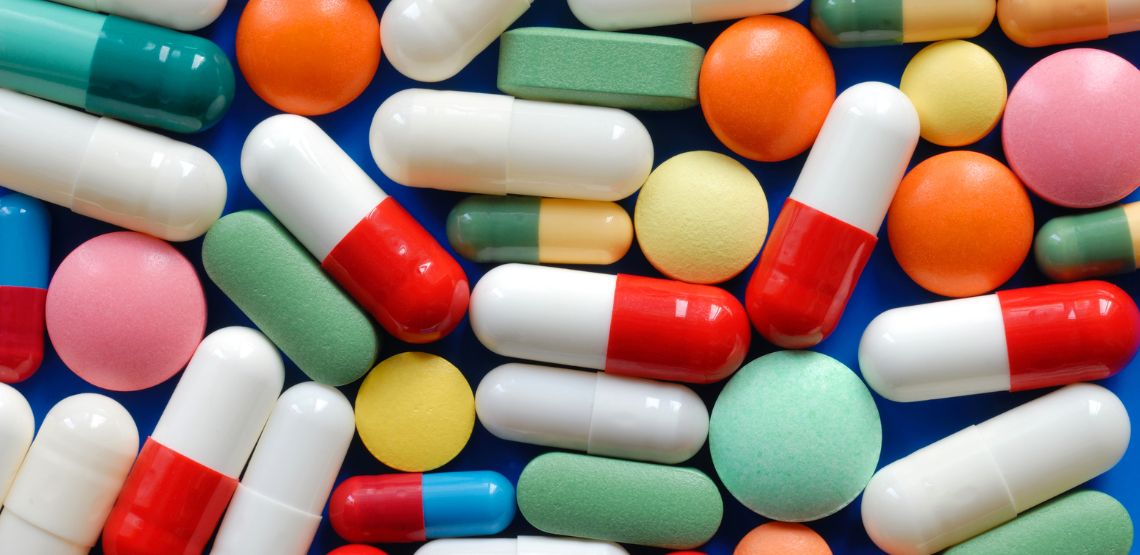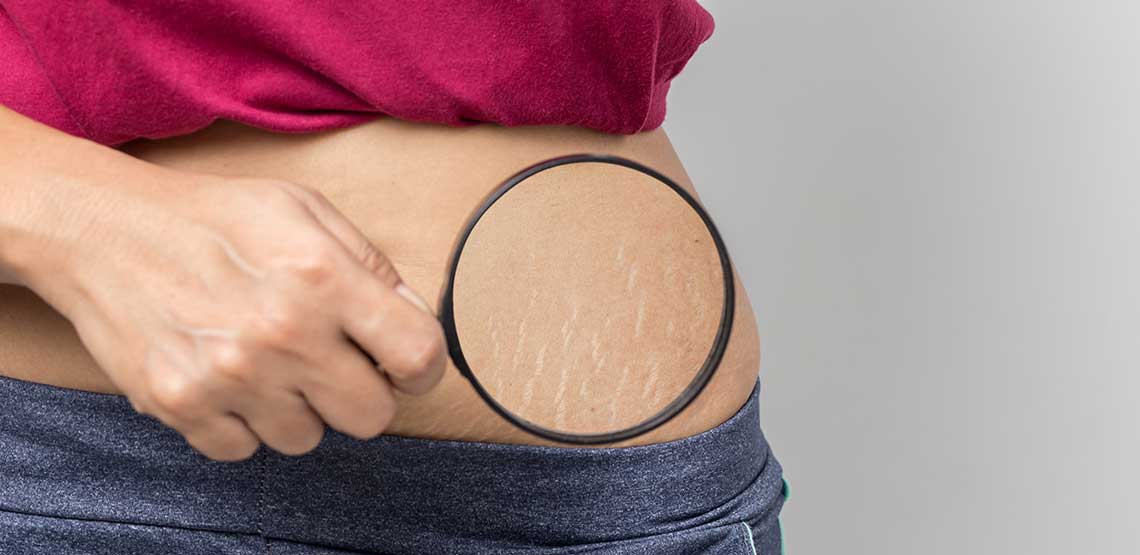Know Your Options for Drug Addiction Treatment
Drug addiction affects millions of people and represents one of the most challenging health crises facing society today. However, recovery is possible with the right combination of treatment approaches, professional support and ongoing commitment to healing. Understanding different drug addiction treatment options can help individuals and families make informed decisions about the path forward.
Medication-Assisted Treatment (MAT)
One of the most effective approaches to treating substance use disorders involves medication-assisted treatment, which combines FDA-approved medications with counseling and behavioral therapies. This comprehensive approach addresses both the physical and psychological aspects of addiction.
Opioid Use Disorder Medications
For individuals struggling with opioid addiction, several FDA-approved medications have proven highly effective.
Suboxone (Buprenorphine/Naloxone) stands out as one of the most commonly prescribed medications for opioid use disorder. Suboxone is an oral medication, available as a pill or sublingual film, that helps people with OUD manage opioid cravings and reduce withdrawal symptoms. The medication works by partially activating opioid receptors in the brain, which helps reduce cravings and withdrawal symptoms without producing the euphoric effects associated with other opioids.
Methadone is another effective medication for opioid addiction treatment, typically administered through specialized clinics under strict supervision. This medication has been used successfully for decades and helps stabilize individuals while they work on other aspects of their recovery.
Naltrexone works differently by blocking opioid receptors entirely, preventing the euphoric effects of opioids and reducing cravings. This medication is available as a daily pill or monthly injection (Vivitrol).
Related Search Topics (Ads)
Behavioral Therapies and Counseling
Medication alone is rarely sufficient for lasting recovery. Behavioral therapies help people in drug addiction treatment modify their attitudes and behaviors related to drug use. As a result, patients are able to handle stressful situations and develop healthy coping mechanisms.
Individual Therapy
One-on-one counseling sessions allow individuals to work closely with trained addiction counselors to identify triggers, develop coping strategies and address underlying mental health conditions that may contribute to substance use. Common therapeutic approaches include cognitive-behavioral therapy (CBT), motivational interviewing and trauma-informed care.
Group Therapy
Group sessions provide peer support and shared experiences that can be incredibly powerful in recovery. Participants learn from others who understand their struggles and can offer practical advice and encouragement.
Family Therapy
Addiction affects entire families, and involving loved ones in treatment can significantly improve outcomes. Family therapy helps repair relationships, improve communication and create a supportive home environment for recovery.
Treatment Centers and Levels of Care
Professional treatment centers offer various levels of care to meet different needs and circumstances. The appropriate level depends on factors such as the severity of addiction, presence of co-occurring mental health conditions, social support systems and previous treatment history.
Inpatient/Residential Treatment
Residential programs provide 24-hour medical supervision and intensive therapeutic support. These programs typically last 30 to 90 days and are ideal for individuals with severe addictions, multiple failed attempts at sobriety or complex medical needs. Inpatient treatment offers a structured environment free from triggers and temptations while providing comprehensive medical and psychological care.
Outpatient Treatment
Outpatient care may include regular office or telehealth visits for counseling, medication support or both, and can be delivered by primary care providers or providers that specialize in treating substance use disorders. These programs allow individuals to maintain work, school and family responsibilities while receiving treatment. These programs vary in intensity, from intensive outpatient programs (IOPs) meeting several times per week to weekly counseling sessions.
Partial Hospitalization Programs (PHP)
PHPs provide intensive treatment during the day while allowing patients to return home in the evenings. These programs bridge the gap between inpatient and traditional outpatient care, offering structured support for those who need more intensive intervention than weekly counseling but don't require 24-hour supervision.
Support Groups and Peer Recovery
Peer support plays a crucial role in long-term recovery success. Some people continue with therapy, join sober living homes, work with recovery coaches, or find support through groups like Alcoholics Anonymous (AA) or Narcotics Anonymous (NA). These groups provide ongoing support, accountability and a sense of community among people in recovery.
12-Step Programs
Alcoholics Anonymous and Narcotics Anonymous are the most well-known 12-step programs. These groups follow a structured approach to recovery based on spiritual principles and peer support. While not suitable for everyone, many people find tremendous value in the community and structure these programs provide.
Alternative Support Groups
For those who prefer secular or alternative approaches, options like SMART Recovery, LifeRing and Women for Sobriety offer different philosophies and methods while still providing peer support and accountability.
Keep reading to learn more about quitting alcohol and staying sober.


